Catholics follow the Pope because he is the successor of Saint Peter upon whom Jesus Christ promised to build His Church, giving Him the keys of the kingdom of heaven. The importance of obedience in our walk with the Lord cannot be overstated. Having redeemed us, He calls us to walk with Him in obedience on the path to heaven. Obedience to God includes obedience to His Church (cf. John 13:20). This call to obey the Lord’s subordinates is really a kind of test for us; for it requires faith and humility. “He who is faithful in a very little is faithful also in much,” says Jesus (Luke 16:10). To obey one of His servants for His sake (“faithful in a very little”) is to obey Him; and to obey Him is to obey the Father (“faithful also in much”).
Jesus’ command to obey His intermediaries was not made contingent upon their personal holiness. He instructs the people, in fact, to obey teaching, though not the conduct, of the scribes and Pharisees, saying, “The scribes and Pharisees sit on Moses’ seat; so practice and observe whatever they tell you, but not what they do; for they preach, but do not practice” (Matt. 23:2-3). Jesus affirms these ordained teachers of Israel retain their authority to teach in spite of their personal failings; and the people are obliged to obey their teaching because they “sit on Moses’ seat.” This sacred tradition of the chair of Moses goes back to God’s appointment of him in the Old Covenant to serve as His representative among the people (cf. Ex. 18:15-16). Moses’ role is fulfilled in the New Covenant with the Lord’s appointment of Peter to be His vicar, His earthly representative among the people, to settle disputes and to teach in His name.
We catch a glimpse of Peter's future role on the road to Caesarea Philippi. When Jesus asks the Twelve Apostles, "Who do you say that I am?", Peter speaks on behalf of the group, saying, “You are the Christ, the Son of the living God." And the Lord declares to him in turn:
“Blessed are you, Simon Bar-Jona! For flesh and blood has not revealed this to you, but my Father who is in heaven. And I tell you, you are Peter, and on this rock I will build my church, and the powers of death shall not prevail against it. I will give you the keys of the kingdom of heaven, and whatever you bind on earth shall be bound in heaven, and whatever you loose on earth shall be loosed in heaven” (16:15-19).
Christ is the Head of the Church; and Peter is considered the head only inasmuch as he visibly represents Christ the Head on earth. Peter’s rock-likeness depends upon Christ’s rock-likeness; Christ’s rock-likeness is inherent to His divinity. Having renamed him, Jesus then gives him the gift of the keys to the kingdom of heaven and the authority to bind and loose (or forbid and permit), assuring him his earthly decisions shall be upheld in heaven. Though the authority to bind and loose would also be given to the Apostles as a group (cf. Matt. 18:18), the power of the keys is given to Peter exclusively. The symbolism of the keys points back to the ancient custom by which the king appointed his royal steward overseer of the kingdom in his absence and entrusted him with the key to its gates (cf. Isa. 22:22). In Matthew 16:19, Jesus Christ the King appoints Peter to be His chief steward to oversee His kingdom on earth, the Church, in His absence.
Read more about the papacy in the Catechism of the Catholic Church (see #880).
Back to previous page on What Catholics Believe & Why.
